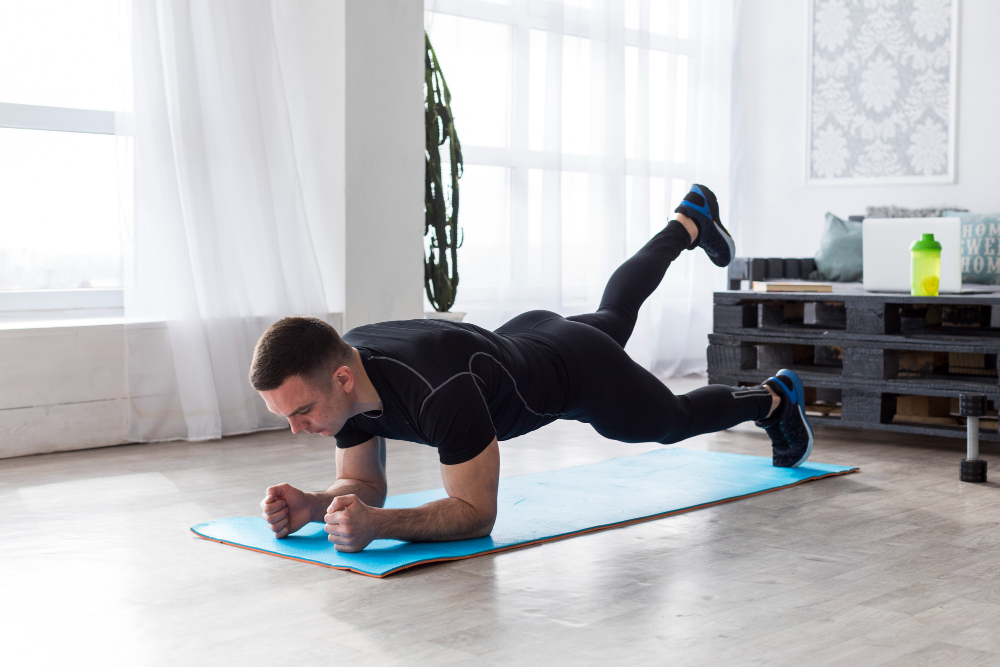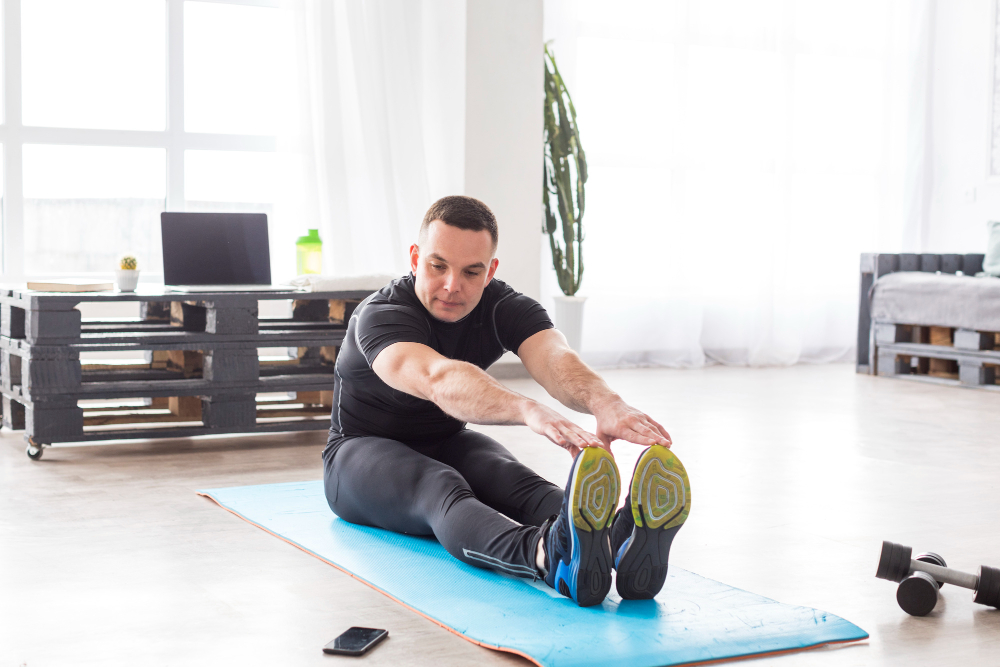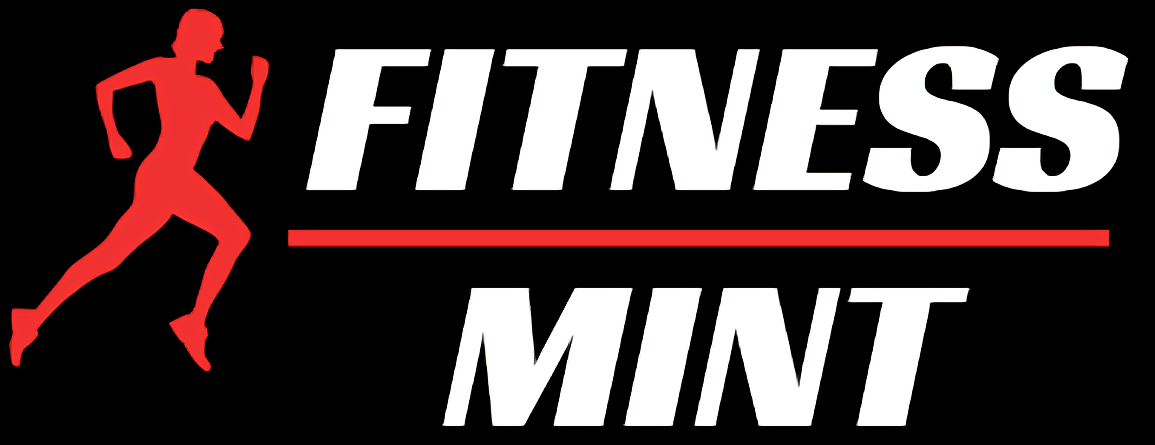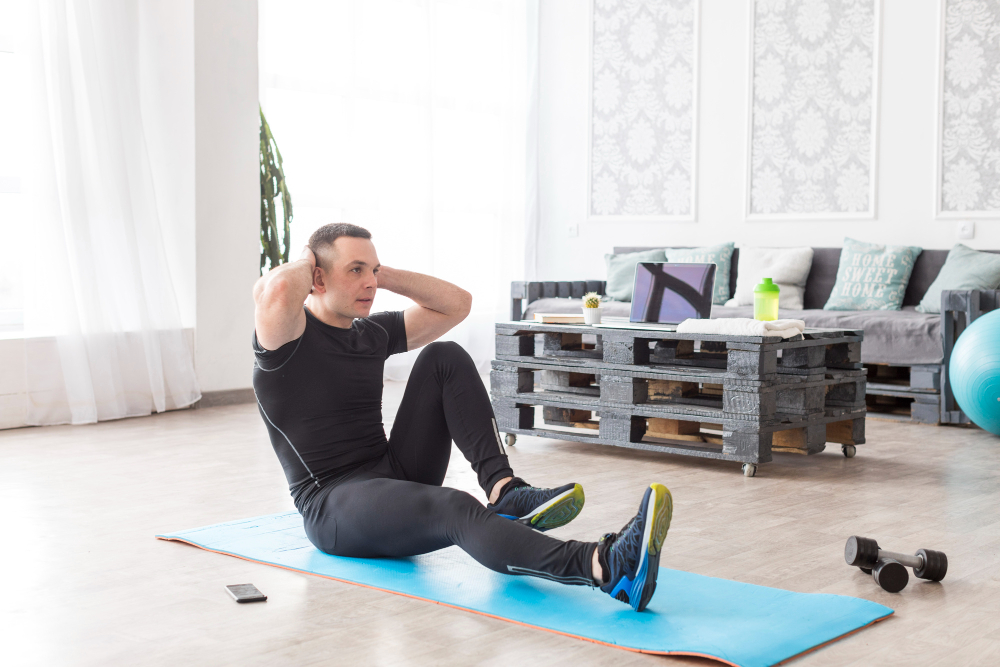Introduction
Starting your fitness journey can feel overwhelming — the gym equipment looks confusing, the workout plans sound complicated, and you might not even know where to begin. Don’t worry! Every fitness pro once started exactly where you are — as a beginner.
In this complete guide, we’ll break down everything you need to know about beginner workouts — from simple home exercises to structured gym routines. Whether your goal is weight loss, muscle gain, or just feeling healthier, this article will help you take the first confident step.
Why Beginner Workouts Matter
When you start working out, your body is like a blank canvas. The first few weeks are crucial because they help you:
- Build a strong foundation: Basic movements like squats, push-ups, and planks improve balance, strength, and coordination.
- Prevent injuries: Starting slow helps your body adapt safely to new stress.
- Boost metabolism: Regular workouts increase your calorie burn and energy levels.
- Improve mood: Exercise releases endorphins that make you feel happy and motivated.
So instead of jumping into advanced plans, start with beginner-friendly workouts that teach your body proper form and control.
Beginner Workouts at Home (No Equipment Needed)

If you don’t have access to a gym, no problem! You can easily start your home workout journey using just your body weight. Here’s a simple beginner home workout plan you can follow.
Full Body Home Workout for Beginners
| Exercise | Sets | Reps | Rest |
|---|---|---|---|
| Jumping Jacks | 3 | 30 seconds | 30s |
| Bodyweight Squats | 3 | 15 | 30s |
| Push-Ups (or knee push-ups) | 3 | 10 | 30s |
| Plank | 3 | 30 seconds | 30s |
| Glute Bridge | 3 | 12 | 30s |
| Mountain Climbers | 3 | 20 | 30s |
Pro Tip: Start slow, focus on your form, and gradually increase your intensity every week.
Beginner Workouts at the Gym
If you’ve joined a gym and don’t know where to begin, stick to compound exercises that work multiple muscle groups at once.
3-Day Gym Workout Plan for Beginners
Day 1 – Full Body Strength
- Squats – 3 sets of 12
- Push-Ups – 3 sets of 10
- Dumbbell Rows – 3 sets of 10 each arm
- Plank – 3 sets of 30 seconds
Day 2 – Upper Body Focus
- Bench Press (or Dumbbell Press) – 3 x 10
- Shoulder Press – 3 x 10
- Lat Pulldown – 3 x 10
- Bicep Curls – 3 x 12
Day 3 – Lower Body + Core
- Leg Press – 3 x 12
- Lunges – 3 x 10 each leg
- Deadlifts (lightweight) – 3 x 10
- Crunches – 3 x 20
Stretching and Warm-up Routine
Before any workout, warming up is non-negotiable. It prepares your muscles, improves blood flow, and reduces the risk of injury.
5-Minute Warm-Up Plan:
- Arm circles – 30 seconds
- Leg swings – 30 seconds each leg
- Shoulder rolls – 30 seconds
- Jumping jacks – 1 minute
- Bodyweight squats – 1 minute
And after your workout, spend 5–10 minutes stretching to relax your muscles.
How Often Should Beginners WorkOut ?
A common mistake beginners make is overtraining. Your body needs rest to recover and grow stronger, as explained by Healthline
Ideal Weekly Schedule for Beginners:
- 3–4 workout days per week
- 1–2 active rest days (light walking, yoga, or stretching)
- 1 complete rest day
This balance helps you stay consistent without burning out.
Nutrition Tips for Beginners
Your workout is only half the equation. What you eat matters just as much.

Basic Nutrition Rules:
- Eat enough protein: Aim for 1–1.5g per kg of body weight (chicken, eggs, paneer, tofu).
- Stay hydrated: Drink 2–3 liters of water daily.
- Include complex carbs: Brown rice, oats, and sweet potatoes give long-lasting energy.
- Don’t skip healthy fats: Nuts, seeds, and olive oil are essential for hormone balance.
- Avoid processed junk: Say no to sugary drinks and packaged snacks.
Common Mistakes Beginners Should Avoid
- Doing too much too soon: Start light and progress gradually.
- Ignoring form: Bad form can lead to injuries — focus on quality, not quantity.
- Skipping rest days: Muscles grow when you rest, not when you overtrain.
- Comparing with others: Everyone’s journey is unique. Stay consistent.
- Not tracking progress: Keep a simple log of your workouts and improvements.
Best Tips to Stay Consistent
- Set small goals: Like “I’ll work out 3 days this week.”
- Track progress: Use an app or a notebook.
- Find a workout buddy: Keeps you accountable.
- Reward yourself: Celebrate every small win.
- Focus on feeling better, not just looking better.
Remember, consistency beats perfection.
Mental Benefits of Beginner Workouts
Exercise doesn’t just change your body — it transforms your mind too. Regular workouts help you:
- Reduce stress and anxiety
- Improve focus and confidence
- Sleep better
- Build self-discipline and positivity
That’s why many call working out the best therapy ever.
Sample 7-Day Beginner Workout Schedule
| Day | Workout Type |
|---|---|
| Monday | Full Body Home Workout |
| Tuesday | Rest or Light Stretching |
| Wednesday | Upper Body (Gym or Home) |
| Thursday | Core + Cardio |
| Friday | Lower Body Strength |
| Saturday | Active Rest (Yoga/Walk) |
| Sunday | Complete Rest |
Conclusion
Starting your fitness journey can feel scary, but it’s also one of the most rewarding things you’ll ever do. You don’t need fancy equipment or years of experience — just commitment, patience, and consistency.beginner workouts are the stepping stones to a stronger, fitter, and more confident version of yourself. So lace up your shoes, play your favorite workout playlist, and take that first step today.



